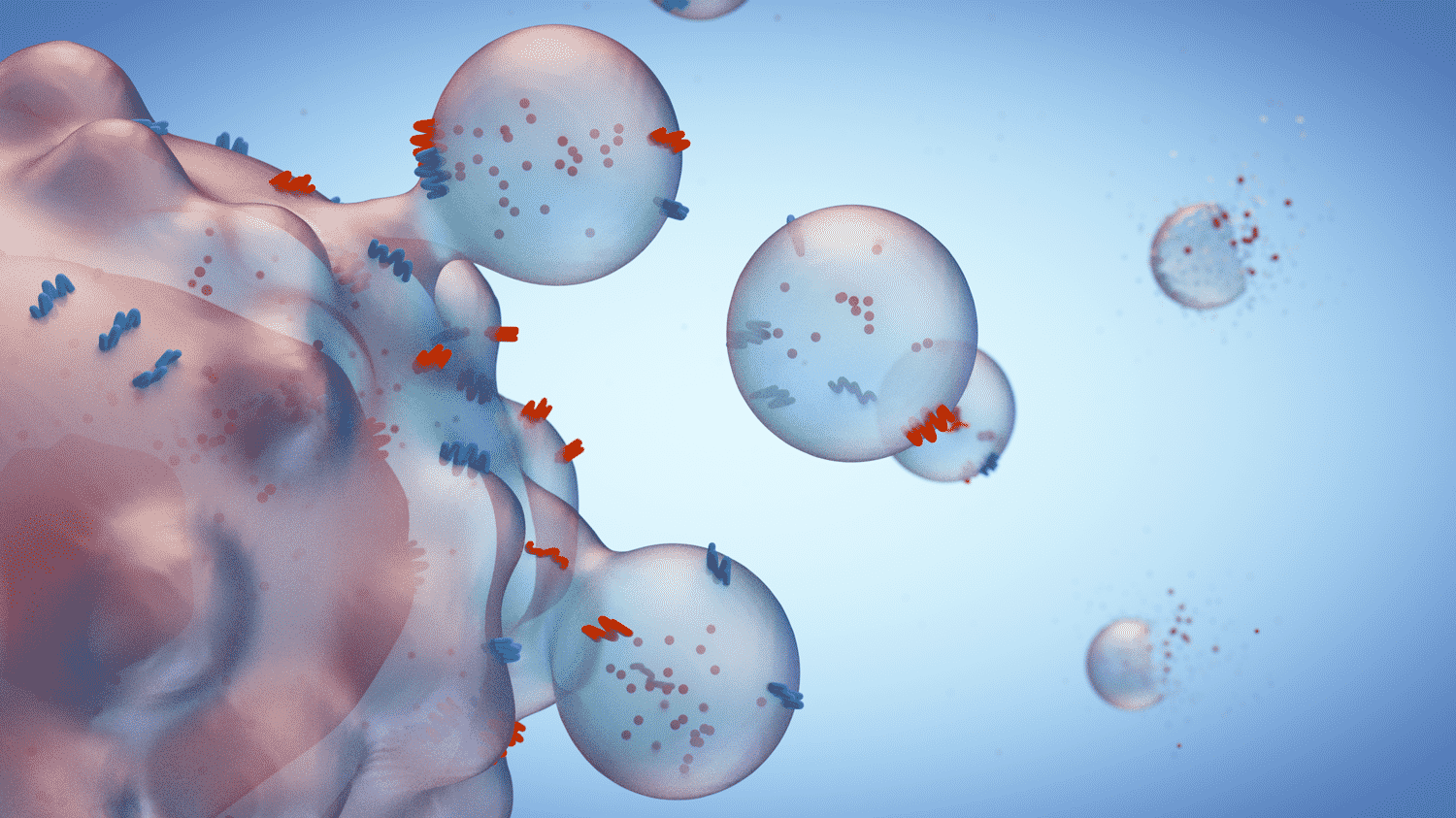Cancer killed 8.8 million people in 2015, and despite considerable progress in the development of new therapies, the survival rate remains persistently low for several cancer types.
“In pancreatic cancer, for example, only 1 percent of patients will survive for 10 years – a figure which has changed very little in the last 40 years,” noted Professor Duncan Jodrell, director of the Cambridge Cancer Trials Centre (CTCC) and Professor of Cancer Therapeutics at the University of Cambridge. “New and improved methods for early detection will be crucial to enable us to diagnose and treat pancreatic cancer earlier and help more patients survive.”
Therefore, UK diagnostics group Owlstone Medical and Cancer Research UK have kicked off a study aiming to identify breath biomarkers to improve the early detection and diagnosis of multiple cancer types.
The PAN Cancer trial is being conducted by scientists from the CRUK Cambridge Centre, the University of Cambridge and Cambridge University Hospitals NHS Foundation Trust. It is aimed at developing breath biopsy tests for the early detection of bladder, breast, head and neck, kidney, oesophageal, pancreatic and prostate cancers and brain tumours.
According to Owlstone, early diagnosis ups the chance of interventions to be more effective and
offers great opportunities to increase the number of cancer patients who survive.Cancer survival has doubled since the early 1970s and Cancer Research UK’s work has been at the heart of that progress. But for some types, like pancreatic cancer – which is often diagnosed at an advanced stage – there has been little improvement in survival rates.
“New tools that can help to diagnose cancer earlier are urgently needed and we are very pleased to collaborate with Owlstone Medical to evaluate Breath Biopsy for early detection.
The PAN Cancer trial forms part of our Early Detection Programme, a flagship initiative of the CRUK Cambridge Centre that aims to devise better means of detecting cancer and diagnosing it in the early stages, which can lead to improved outcomes for cancer patients.” said Professor Rebecca Fitzgerald, chief investigator.
As part of the trial, patients with a suspected cancer diagnosis are referred to Addenbrooke’s Hospital for assessment through the standard NHS cancer care pathway, and later, will be asked to give a breath sample in addition to routine tests.
The breath samples will be collected in clinic using Owlstone Medical’s CE-marked ReCIVA breath sampler then sent to the world’s first Breath Biopsy clinical laboratory for analysis at Owlstone Medical, in Cambridge.
The trial will compare the breath samples of patients with and without cancer to analyze whether breath contains reliable biomarkers that may be used in future to detect cancer earlier.
Owlstone is currently enrolling up to 3,000 people suspected to have lung cancer in a clinical trial and is recruiting a further 1,400 patients in a colorectal cancer screening trial.
If the CRUK-partnered PAN Cancer trial uncovers promising breath biomarkers for tumors in other organs, Owlstone could expand its clinical-phase pipeline of diagnostics with tests targeting these diseases.
The potential for Owlstone’s technology to usher in this change in how cancer is diagnosed has led investors to commit $23.5 million to its progress.
































